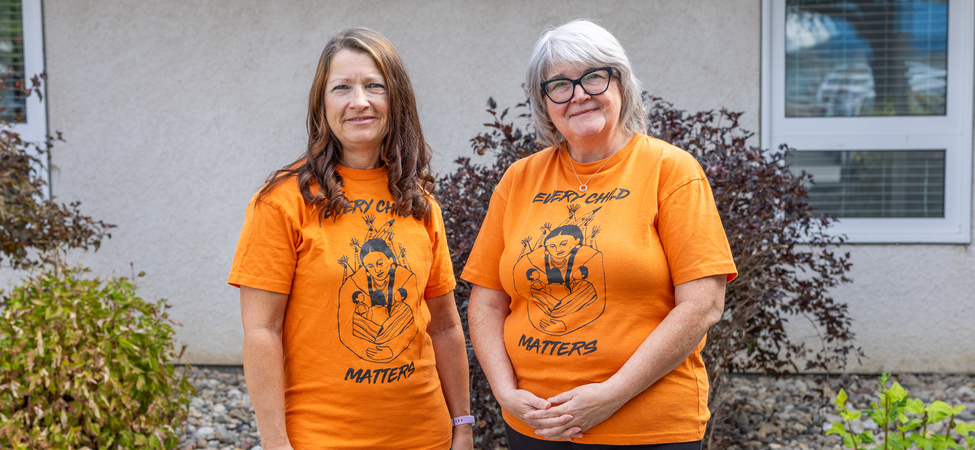On September 30, all Canadians recognize the horrifying reality of the residential school system and remember that the legacy of this brutality endures for First Nations, Inuit, and Metis people throughout the country. The trauma is pervasive and lasting.
Like all Canadians, registered nurses must make the personal decision to actively participate in reconciliation – at work and in our daily lives.
This means listening to, and learning from, those who are willing to share their stories. It means facing the truths of our shared history and acknowledging that preconceptions about Indigenous peoples and racism are real and still alive within our health care system. Our commitment to this lifelong journey of learning is the only way reconciliation will ever be realized.
We know that at the heart of our practice is the individual, with their own personal histories and journeys through life. Our patients are the sum of their experiences, and in so many ways, the same can be said about their mental and physical health.
It's our responsibility as registered nurses to always strive to deepen our understanding of the intergenerational traumas created by residential schools. I know that my position of privilege is like that of many practicing registered nurses in that we will never understand what it’s like to face racism and prejudice daily. We can, however, promise to never stop learning from those who do. As the largest group of direct care providers, I truly believe that we hold the key to cultivating a culturally safe environment of trust and mutual respect.
My challenge to registered nurses is thus the same one I make to myself, and one I hope all Canadians share: Never stop looking inwards and challenging yourself to do better. Never stop learning and asking difficult questions. And if you see it, never let racism go unchallenged.
In Solidarity,
Tracy Zambory, RN
SUN President




